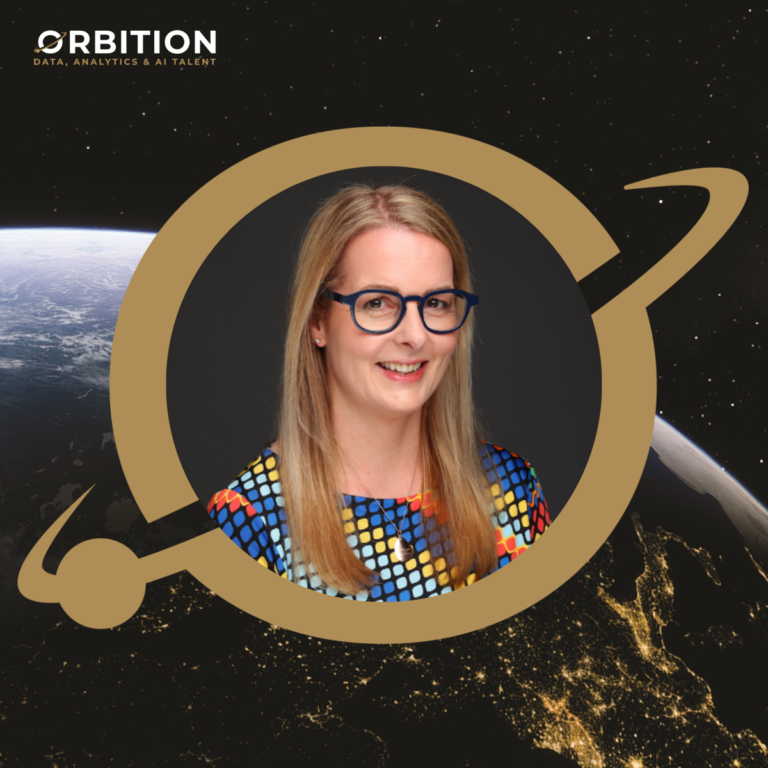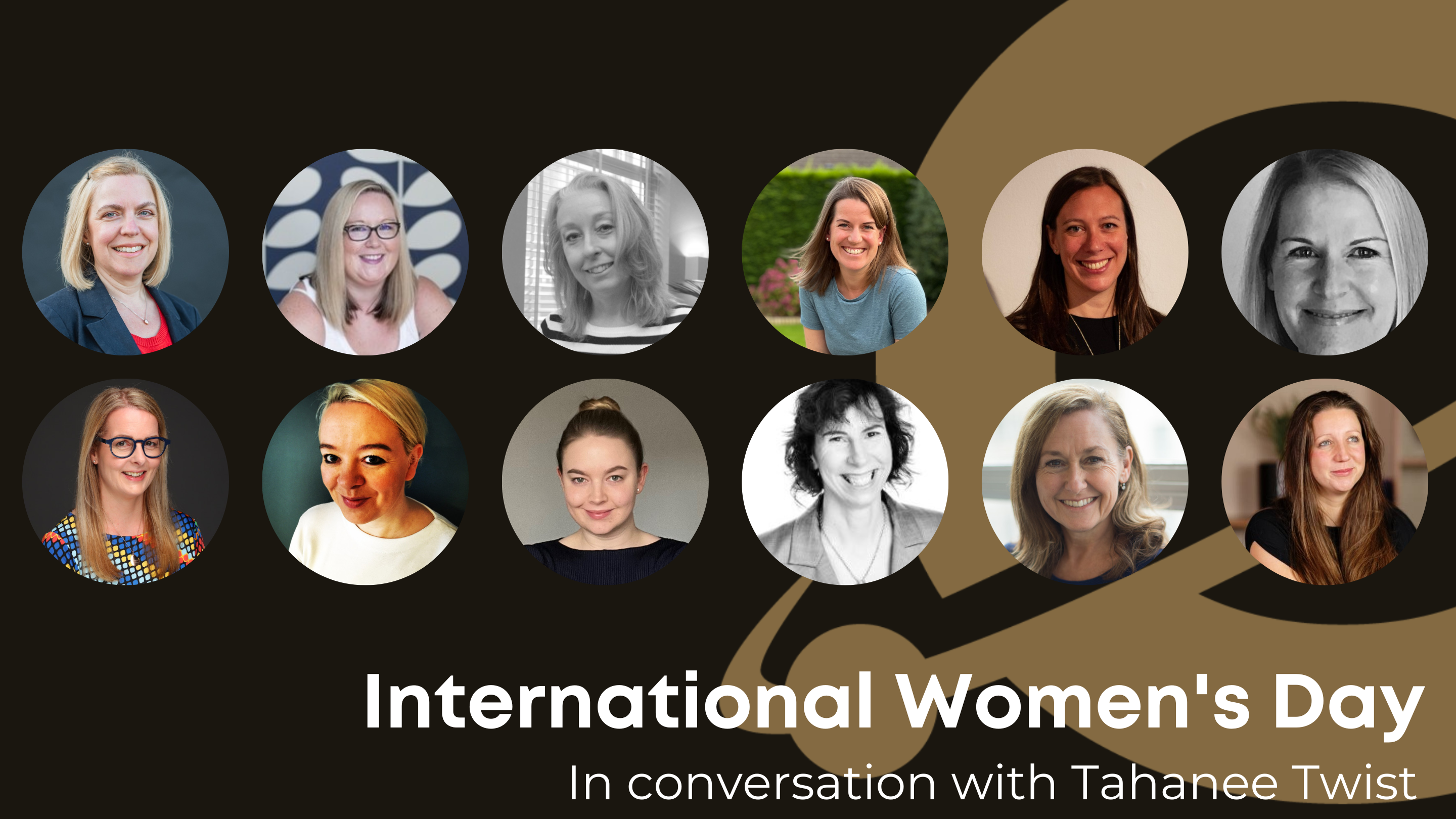
Di Mayze, Global Head of Data & AI, WPP
Di Mazye identifies as an early tech adopter, she was the first Head of Digital for magazine company, Hearst UK, in 1999. However, Di began her career in data in 2006 for the global customer data science company Dunnhumby; as a Senior Solutions Director, not a Data Scientist. Originally Di thought this would hold her back in her data career, but it proved to be the opposite. From there Di went to Boots as their Head of Insight, and a few other data roles before ending up at WPP now, as the first Global Head of Data and Head of AI.
As part of our ongoing celebration of International Women’s Day, we sat down with senior leaders from our community to ask them how they found themselves in the world of data, and what advice they have for others.
How and Why did you get into the Data industry?
Di couldn’t hold back her excitement for this question! She told us how she loved how you could get to know people without taking up their time, you can find out so much about people through data! Data truly is a value-based conversation, and she really liked the idea of value exchange.
What advice would you give to a college or Uni leaver considering a career in Data?
READ READ READ! Di suggests getting your nose into a good data book! Storytelling is a huge part of the data space and is a key skill that is very much desired, so understanding the landscape is one thing, but come to your interviews with stories where you’ve been inspired by data. It’s really crucial you understand we don’t all need to be data scientists. There are so many roles available in the data space. Di prompts you to ask yourself the question of whether it’s the imaginative storytelling, or the technical that you enjoy and you’re drawn to.
How has being a female leader impacted your journey within the data industry?
On the whole, Di told us she felt really lucky to be a woman in data. She recognizes that the data space is still quite male-dominated, so she tries to bring people up with her. She jokes that it’s clearly becoming more equal, as there are queues now at events for ladies’ loo and there didn’t use to be! She feels on the whole the data space is becoming much more accessible for women.
She emphasized programming during the war when the PC first came out it was actually women who did this so it was traditionally a women-led enterprise but then in schools in the 80s onwards when computing was taught, it was traditionally aimed at boys. Also, this was reflected at home, where boys had PCs put in the room.
What could be done better in the industry, to attract more women to a career in Data?
Di felt something we could do straight away is to broaden out the skills needed. Just as she mentioned before, it’s not just the deeply technical that’s needed within the data team. She also encourages us to think about the different roles and different skills required, for example, a CDO is quite a lonely role in terms of expectations of them.
It’s important, Di recognizes to understand that careers aren’t linear; it’s not true that everyone wants to work way up to manage a team. Companies need to create an environment where growth and development mean a multitude of things.
“Most of all, we need to attract those who are curious, and that requires a diverse pool of people, who are inquisitive about many different things.”
S2 | Ep 19 | The Future of Data with DI Mayze, Global Head of Data and AI at WPP

Tahanee Twist
Tahanee is an accomplished principal talent partner with us here at Orbition. With years of experience in the industry, she has developed a reputation as a skilled and trusted advisor to both clients and candidates.
In her role as principal talent partner, Tahanee is responsible for managing key client relationships and ensuring the delivery of high-quality talent solutions. She works closely with clients to understand their business needs and culture, and develops customized strategies that meet their specific requirements Read more.


